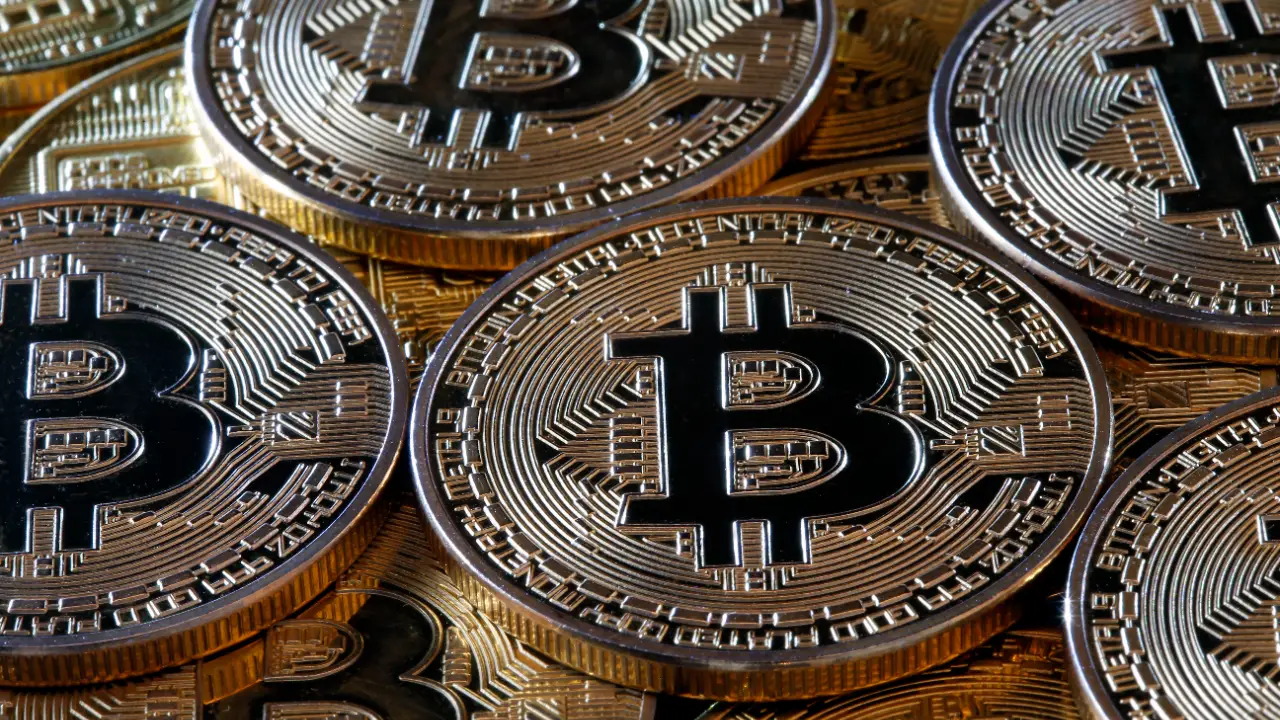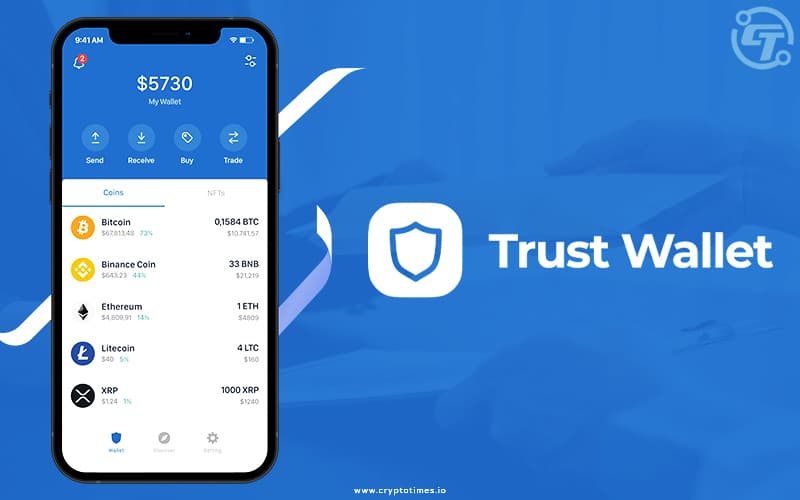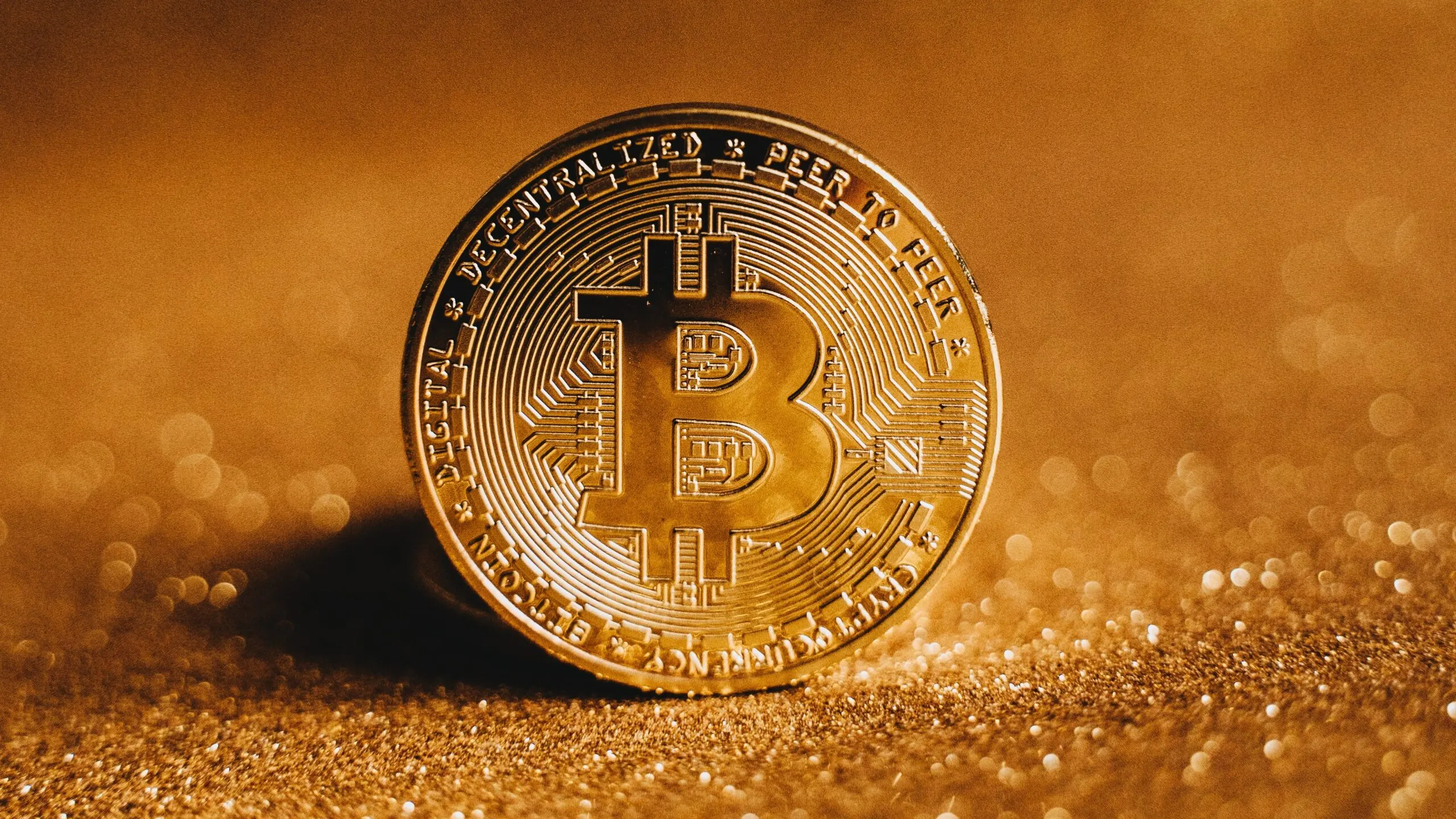What is DAO and How is It Different From DeFi?
Explore the transformative world of Decentralized Autonomous Organizations (DAOs) and Decentralized Finance (DeFi), two groundbreaking innovations in the blockchain ecosystem. DAOs empower communities by enabling collective decision-making through smart contracts, fostering transparency and democratic governance without a central authority

A Decentralized Autonomous Organization (DAO) is an entity that operates without a central authority, relying instead on smart contracts and blockchain technology to facilitate decision-making and management. DAOs empower members to participate in governance through voting mechanisms, allowing for collective decision-making.
In contrast, Decentralized Finance (DeFi) aims to create an open financial system that eliminates the need for traditional banks and intermediaries. DeFi utilizes blockchain technology to offer various financial services, such as lending, borrowing, and trading, directly between users.
Key Differences Between DAO and DeFi
-
Governance:
- DAOs operate on a decentralized governance model where members can propose and vote on changes, ensuring that no single entity has control.
- DeFi platforms may have centralized or hybrid governance structures, often relying on a core team for decision-making.
-
Purpose:
- The primary goal of a DAO is to create a self-governing organization that can manage resources and make decisions collectively.
- DeFi focuses on providing decentralized financial products and services, making financial transactions more accessible and efficient.
-
Token Economics:
- In DAOs, tokens are primarily used for governance and voting, and they may not have a direct monetary value.
- In DeFi, tokens typically have monetary value and are essential for accessing and utilizing various financial services.
Benefits of DAOs
- Decentralization: DAOs promote a more democratic structure where all members have a voice in decision-making.
- Transparency: All transactions and decisions are recorded on the blockchain, ensuring accountability.
- Community Engagement: Members are more likely to be invested in the organization’s success due to their active participation in governance.
Benefits of DeFi
- Accessibility: DeFi services are available to anyone with an internet connection, regardless of their financial background.
- Cost Efficiency: By eliminating intermediaries, DeFi can reduce transaction costs and improve efficiency.
- Innovation: The DeFi space is rapidly evolving, offering new financial products and services that challenge traditional banking models.
Both DAOs and DeFi represent significant advancements in the blockchain space, each with unique features and benefits. While DAOs focus on governance and community-driven decision-making, DeFi aims to revolutionize financial services by making them more accessible and efficient. As these technologies continue to develop, they hold the potential to reshape various industries, from finance to gaming and beyond.
FAQ:
1. What is a DAO?
A Decentralized Autonomous Organization (DAO) is an organization that operates through smart contracts on a blockchain, allowing members to participate in governance and decision-making without a central authority.
2. How does a DAO work?
DAOs use blockchain technology to create a transparent and democratic governance structure. Members can propose changes or initiatives and vote on them using governance tokens, which represent their stake in the organization.
3. What is DeFi?
Decentralized Finance (DeFi) refers to a financial ecosystem built on blockchain technology that offers financial services—such as lending, borrowing, and trading—without the need for traditional banks or intermediaries.
4. How do DAOs differ from DeFi?
While DAOs focus on governance and collective decision-making, DeFi is primarily concerned with providing decentralized financial services. DAOs manage resources and operations, whereas DeFi platforms facilitate financial transactions.
5. What are the benefits of participating in a DAO?
Participating in a DAO allows individuals to have a voice in governance, promotes transparency, and fosters community engagement. Members can influence the direction of the organization and benefit from its success.
6. What are the risks associated with DAOs?
DAOs can face risks such as smart contract vulnerabilities, governance challenges, and regulatory scrutiny. Additionally, the decentralized nature may lead to difficulties in decision-making if consensus cannot be reached.
7. How can I participate in DeFi?
To participate in DeFi, you typically need a cryptocurrency wallet and some digital assets. You can then access various DeFi platforms to lend, borrow, trade, or earn interest on your assets.
8. What are the risks of using DeFi?
DeFi carries risks such as smart contract bugs, market volatility, and potential loss of funds due to hacks or scams. Users should conduct thorough research and exercise caution when engaging with DeFi platforms.
9. Are DAOs and DeFi regulated?
The regulatory landscape for DAOs and DeFi is still evolving. While some jurisdictions are beginning to establish guidelines, many aspects of these technologies remain unregulated, which can pose risks for users.
10. Can DAOs and DeFi coexist?
Yes, DAOs and DeFi can coexist and often complement each other. DAOs can govern DeFi protocols, allowing for community-driven decision-making in the development and management of decentralized financial services.
What's Your Reaction?















